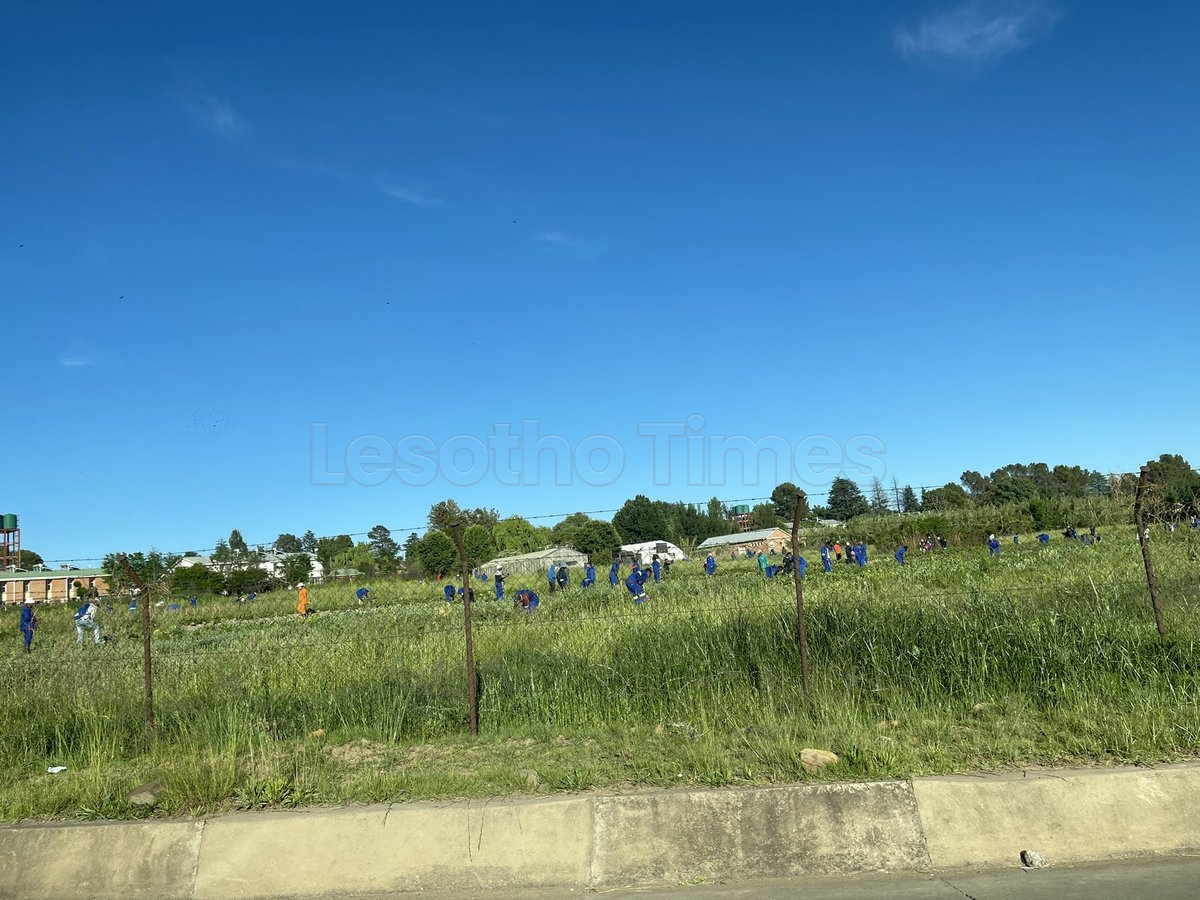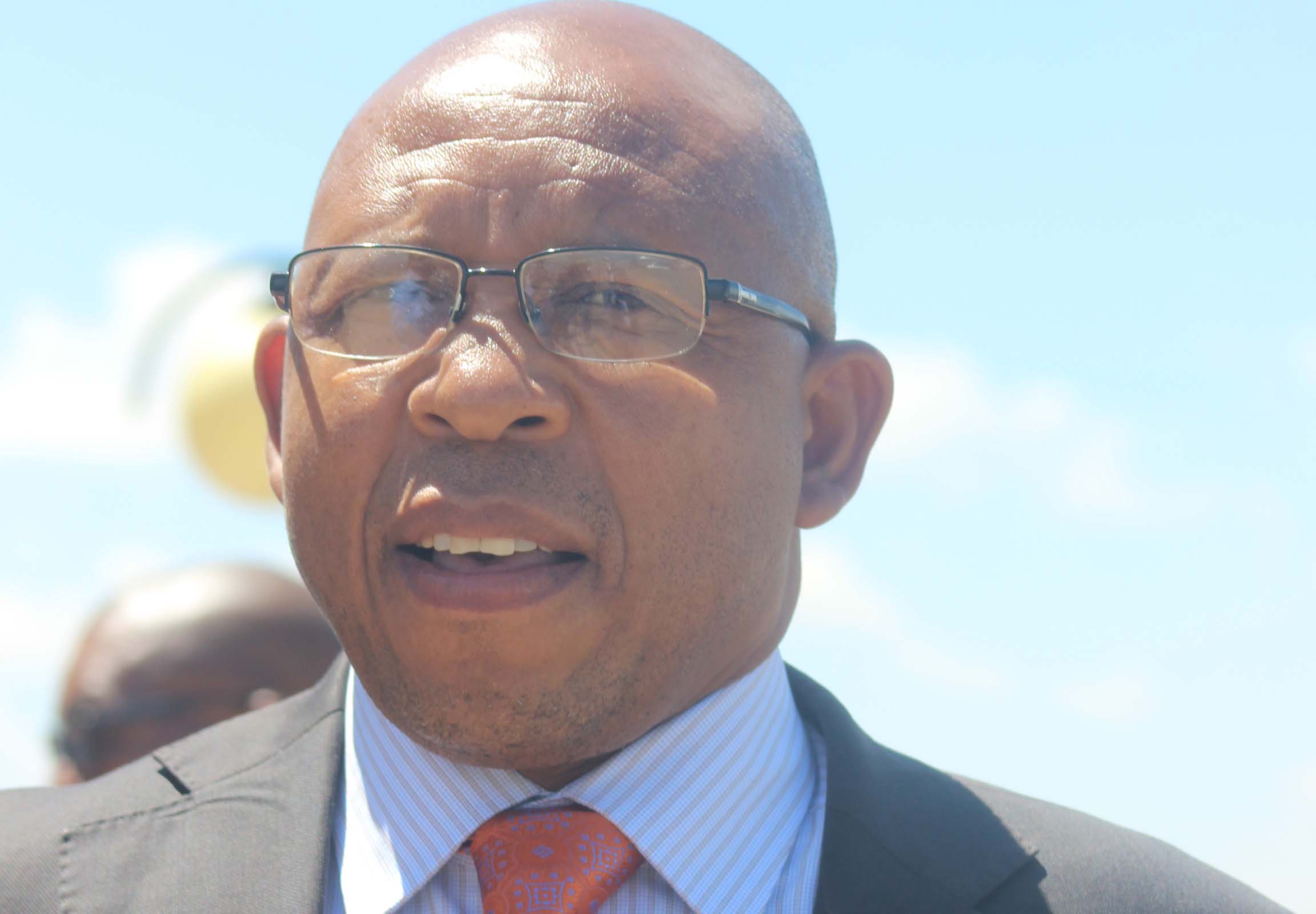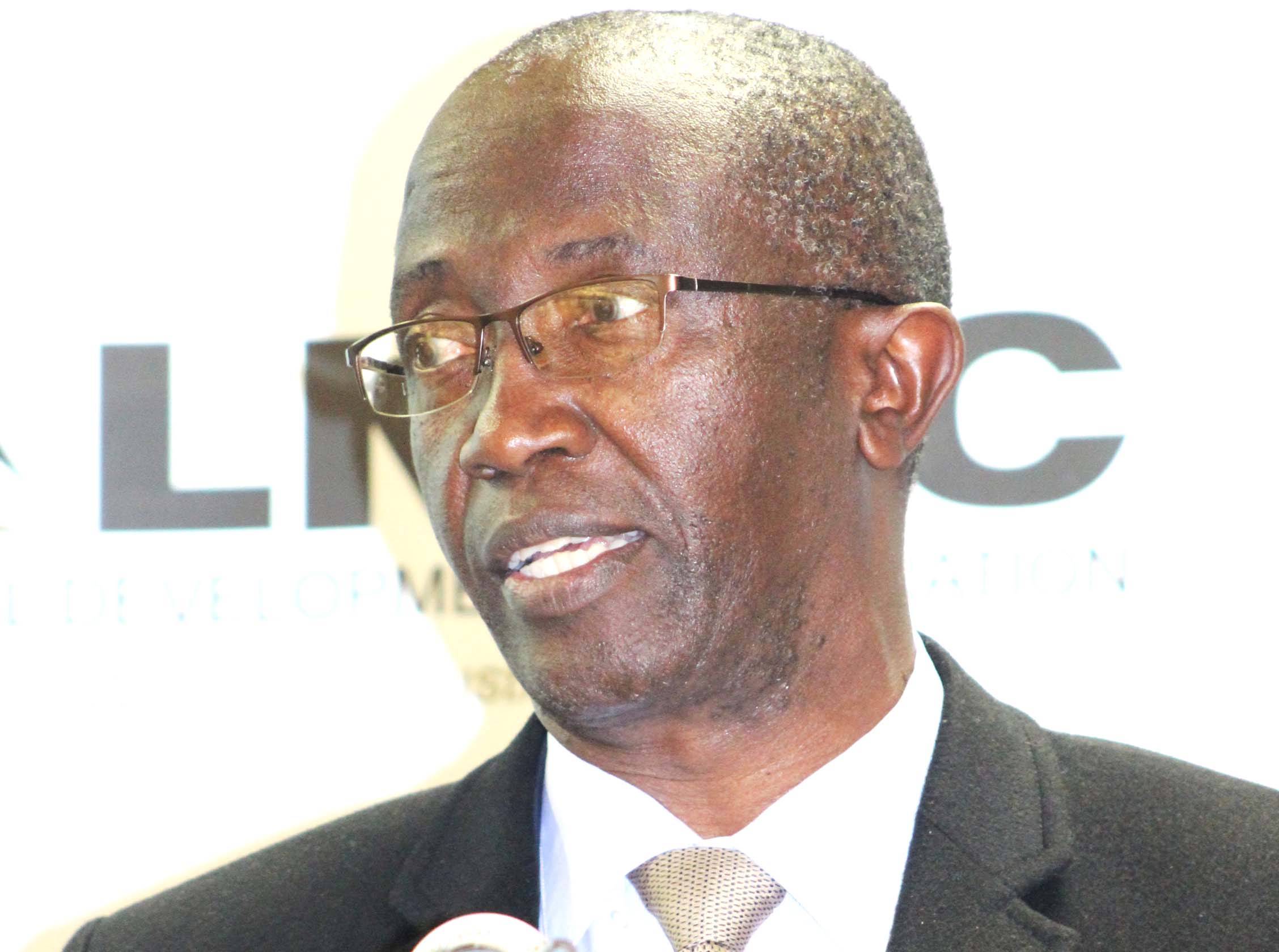
…as at least 20 Basotho get charged weekly for contravening SA migration laws
Moorosi Tsiane
FOR ‘Mamosenki Letsie, a 33-year-old mother, crossing the border into South Africa was not a choice – it was a necessity.
Desperate to secure a better future for her 18-year-old son, Mosenki, ‘Mamosenki embarked on the journey without proper travel documents, crossing the Mohokare/Caledon River in the hope of finding a job. Instead, she found herself behind bars in Ladybrand, arrested as an illegal migrant.
Her story is not unique. It reflects a growing crisis affecting countless Basotho who struggle to obtain passports due to inefficiencies and incompetence of the Ministry of Local Government, Chieftainship, Home Affairs and Police.
For years now, there has been an outcry over the ministry’s failure to issue passports. These challenges have left many stranded, unable to travel legally for work, medical care or education in South Africa.
According to an official from the Ladybrand Magistrates Court, who requested anonymity, at least 20 Basotho are arrested weekly at the Maseru border post for not having passports or for possessing expired ones. On Monday alone, 18 Basotho appeared before the Ladybrand Magistrates Court.
The increasing arrests of Basotho in South Africa for migration law violations underscore a deepening crisis. With inefficiencies in passport issuance, many find themselves trapped in a cycle of poverty, desperation, and legal troubles.
Until systemic issues get addressed, more Basotho will continue to face similar fates, caught between survival and legality.
Court appearance
On a rainy Monday morning, ‘Mamosenki was hauled before the Ladybrand Magistrate’s Court on charges of being in South Africa illegally.
She was arrested with her 18-year-old son, Mosenki Letsie, on 13 March 2025 at the Maseru Bridge, where they were found on the South African side without passports. They entered the courtroom from the court’s holding cells, accompanied by two other Basotho accused of the same crime.
‘Mamosenki is wrapped in a maroon fleece blanket, shielding herself from the cold breeze sweeping across the courtroom, while her son wears a green jacket and black track pants. The four were among 18 Basotho transported from Grootvlei Prison in Bloemfontein that morning to face charges. They had been arrested in separate incidents after being found in the Free State province of South Africa without valid passports.
‘Mamosenki, her son, and two others made their first court appearance at 9am, but their matter was deferred to Wednesday (yesterday) due to the absence of the court’s interpreter. Presiding over their case was one Magistrate Ndlovu, who could not speak Sesotho. However, at 11am, after an interpreter became available, proceedings resumed.
‘Mamosenki narrated her ordeal, admitting guilt and requesting to pay a R2000 fine (equivalent to M2000) for herself and her son.
“I was arrested with my son at Maseru Bridge upon arrival from Johannesburg. We were arrested because we did not have passports,” she said.
She told the court that she and her son crossed the Mohokare River into South Africa in search of a better life after her husband’s passing. Having only completed Grade 9 (Form B), she had no other means to support herself and her son.
She further explained that she lost her job in South Africa in June last year and, unable to secure another, decided to return to Lesotho.
“I am guilty as charged, and I sincerely apologise. May I be allowed to pay a R2000 fine for both of us?” she pleaded.
Before sentencing, Magistrate Ndlovu asked if she entered her guilty plea voluntarily and whether she wished to proceed with the trial or seek legal representation. ‘Mamosenki, eager to resolve the matter, opted to proceed.
The verdict
Magistrate Ndlovu acknowledged the difficult circumstances in Lesotho but stressed the importance of obeying the law.
“In as much as I understand the situation in Lesotho, I cannot encourage people to break the law while seeking a better life. The law is there to be obeyed. I understand you are unemployed and struggling, but I am sentencing you to a R1500 fine or 30 days imprisonment. Upon completing the sentence or paying the fine, you will be deported back to Lesotho.”
Desperate, ‘Mamosenki attempted to negotiate, saying she only had R2000 and had intended to pay R1000 for herself and another R1000 for her son.
However, Magistrate Ndlovu remained firm.
“By ordering you to pay R1500, I have already shown leniency. My fines are usually R2000 and above. I cannot go lower than R1500 according to the law you contravened.”
As the magistrate continued with separate trials, ‘Mamosenki sat down, wiping tears from her cheeks. Her light complexion has become flushed. She could calculate that she was R1000 short.
Mother’s tears
Next is Mosenki, who informed the court that he turned 18 in October last year and had been entirely dependent on his mother, unable to secure even an odd job in Johannesburg.
“My mother said she can only afford to pay R1000 for me. I do not have a cent,” he said.
Magistrate Ndlovu, moved by the situation, sentences Mosenki to the same punishment as his mother but unexpectedly suspended his entire sentence for five years. This eased his mother’s burden.
“I can see your mother is in tears, having to choose between herself and you. She deserves to pay as she knew what she did was wrong, and you followed her example. I understand neither of you has a prior conviction. Do not ever return here without proper documents.”
Other cases
Next in line was 28-year-old Letuka Mosia, who had been residing in Ladybrand’s informal settlement of Marikana since 2018. He initially crossed the border legally but was on 13 March 2025 arrested for allegedly destroying copper infrastructure. That is when it was discovered he was from Lesotho and in South Africa illegally. He lived with his South African partner, with whom he has two children. His only surviving family in Lesotho is a younger sister. Having completed Grade 11, he relied on odd jobs to survive. Unlike the Letsies, he received no leniency and was fined R2000 or 30 days in prison.
Similarly, Ramaleme Jeremiah Rampai (37) was sentenced to a R2000 fine or 30 days imprisonment after being arrested at Maseru Bridge on 9 March 2025 upon disembarking from a Johannesburg-bound vehicle.
“I came here seeking work. A friend told me there was a job opening, but when I arrived, there was nothing. I am a breadwinner, supporting two siblings aged 20 and 13. We survive on what I make from odd jobs like gardening, which pays up to R100 per job. I only studied up to Grade 4,” Rampai told the court.







